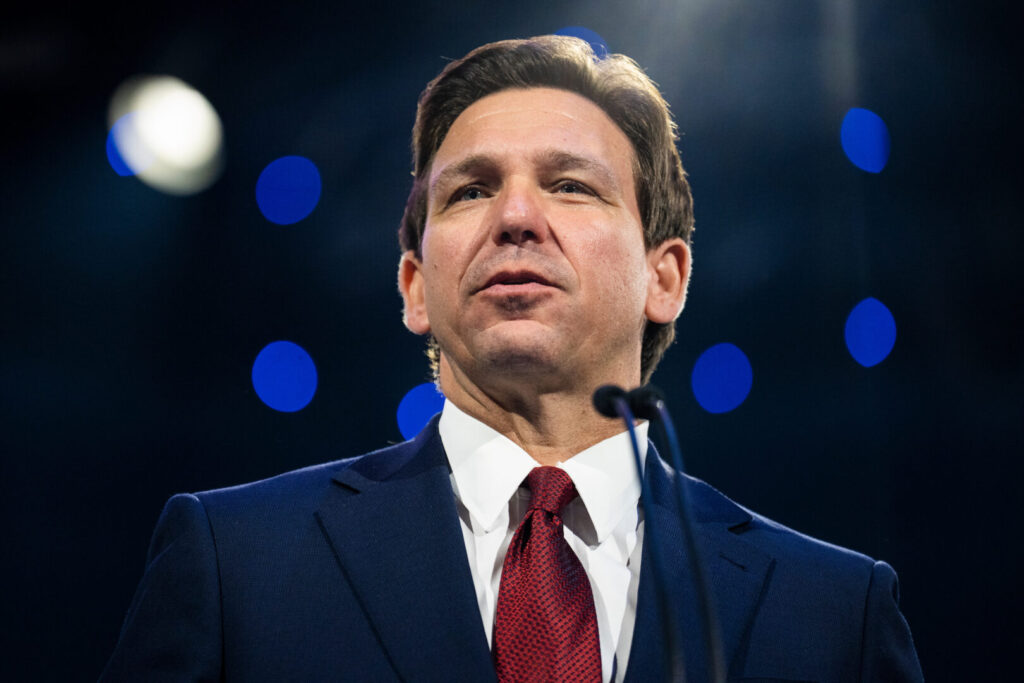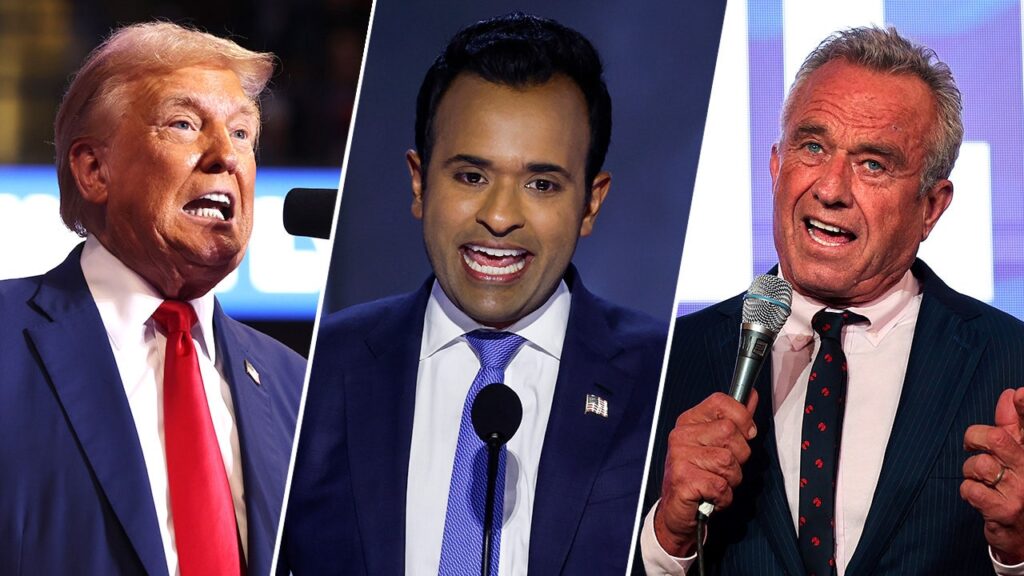President-elect Donald Trump’s decision to tap at least two House members and at least one senator to serve in his administration will set up special elections, adding an element of uncertainty to closely divided chambers.
The expected nomination of three-term Sen. Marco Rubio, R-Fla., to be secretary of State will first give an opportunity for GOP Gov. Ron DeSantis to appoint a new senator. According to the Congressional Research Service, the appointed senator would serve through the next general election.
The nomination would set up a special election in 2026, with Rubio’s current term set to run through 2028. DeSantis thus could appoint a placeholder or a senator who would seek to run in that special election for the last two years of the term.
DeSantis, who ran in the presidential primary against Trump this cycle, is already getting public calls from supporters of the 45th and 47th president to appoint Republican National Committee Co-Chair Lara Trump, one of Trump’s daughters-in-law, to the Rubio seat. Among her advocates is Sen. Katie Britt, R-Ala. Other contenders include DeSantis’ chief of staff James Uthmeier, and Florida Lt. Gov. Jeanette Nunez.
At least two House special elections
Governors do not get to make appointments to fill open House seats, though they do get to schedule special elections to fill vacancies.
Florida GOP Rep. Michael Waltz is the president-elect’s pick to be national security adviser. Since that is a senior White House staff position and not subject to the Senate confirmation process, Waltz will likely depart the House no later than the start of the new administration.
DeSantis showed little urgency, for example, in calling a special election to fill the vacancy created by the April 2021 death of Democratic Rep. Alcee L. Hastings (in a safe district for Democrats). The special general election was so late that the seat was open for nine months.
In New York, House Republican Conference Chair Elise Stefanik is Trump’s intended nominee to be ambassador to the United Nations. There is no indication yet of when she would depart the House. New York Gov. Kathy Hochul, a Democrat, has little discretion in setting special election dates once the seat becomes vacant.
Hochul would have a 10-day window to call the special election, to be set between 70 and 80 days after that. The precise timing of the special election would depend on when Stefanik is confirmed by the Senate.
In New York, involved county parties pick their nominees for special elections, rather than holding primaries.


